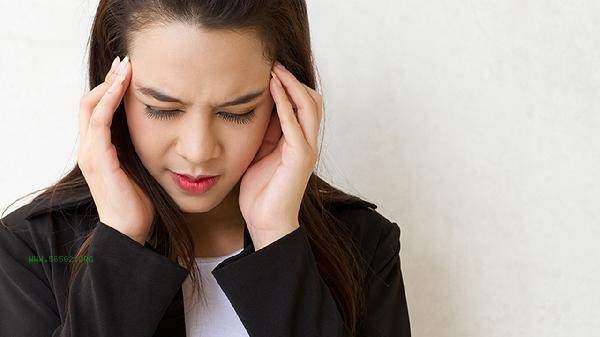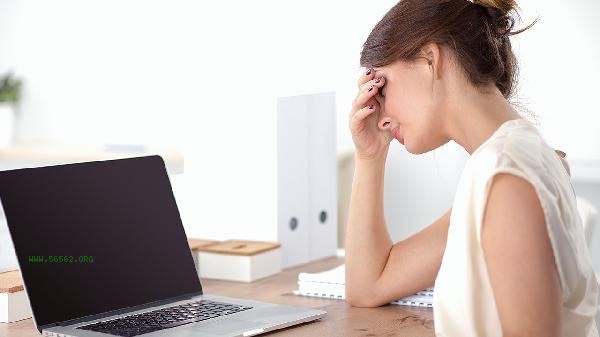Menopausal bloating can be alleviated through adjusting dietary structure, moderate exercise, psychological regulation, medication treatment, traditional Chinese medicine conditioning, and other methods. Menopausal bloating is usually caused by changes in hormone levels, weakened gastrointestinal function, improper diet, mental stress, chronic diseases, and other factors.

1. Adjust diet structure
Reduce the intake of gas producing foods such as beans and onions, and choose light and digestible foods such as millet porridge and pumpkin. Eat small meals multiple times a day to avoid overeating. Moderate supplementation of yogurt containing bifidobacteria can help maintain intestinal microbiota balance. When cooking, use steaming and boiling methods more often, and use less fried and spicy seasonings.
2. Moderate Exercise
Persist in doing half an hour of moderate exercise every day, such as brisk walking, yoga, or Tai Chi. Exercise can promote gastrointestinal peristalsis and help with bowel movements. Avoid lying flat immediately after meals, it is recommended to take a 15 minute walk. Can be combined with abdominal massage, gently massage the abdomen clockwise with the navel as the center, for 10 minutes each time.
3. Psychological regulation
Menopausal emotional fluctuations can affect digestive function through neural reflexes. Anxiety can be alleviated through meditation, breathing exercises, and other methods. Maintain a regular schedule and ensure adequate sleep. Participate in social activities to shift attention and avoid excessive focus on physical discomfort symptoms.

4. Medication therapy
can use domperidone under the guidance of a doctor to promote gastrointestinal motility, or Bifidobacterium triple active capsules to regulate gut microbiota. For individuals with significant anxiety, short-term use of glutamate can be used to regulate autonomic nervous system function. Medication must strictly follow the doctor's advice and the dosage cannot be adjusted by oneself.
5. Traditional Chinese Medicine Treatment
Traditional Chinese Medicine believes that menopausal bloating is mostly caused by liver depression and spleen deficiency, and can be adjusted with Chaihu Shugan San. Moxibustion at acupoints such as Zhongwan and Zusanli can help strengthen the spleen and stomach. You can drink tangerine peel and hawthorn tea in daily life. Take 3 grams of tangerine peel and 5 grams of hawthorn and soak them in water as a tea drink, which has the effect of regulating qi and promoting digestion. When menopausal women experience bloating, it is recommended to record daily diet and symptom changes to help doctors accurately identify the cause. Maintain a regular diet and drink no less than 1500 milliliters of water per day. Pay attention to keeping your abdomen warm and avoid catching a cold. If abdominal distension continues to worsen or is accompanied by symptoms such as weight loss and bloody stools, timely medical attention should be sought to rule out organic diseases. You can practice abdominal breathing regularly, with the abdomen bulging during inhalation and contracting during exhalation. Practicing for 10 minutes each time can help improve gastrointestinal function. Proper supplementation of vitamin B and calcium has a positive effect on alleviating overall symptoms of menopause.





Comments (0)
Leave a Comment
No comments yet
Be the first to share your thoughts!